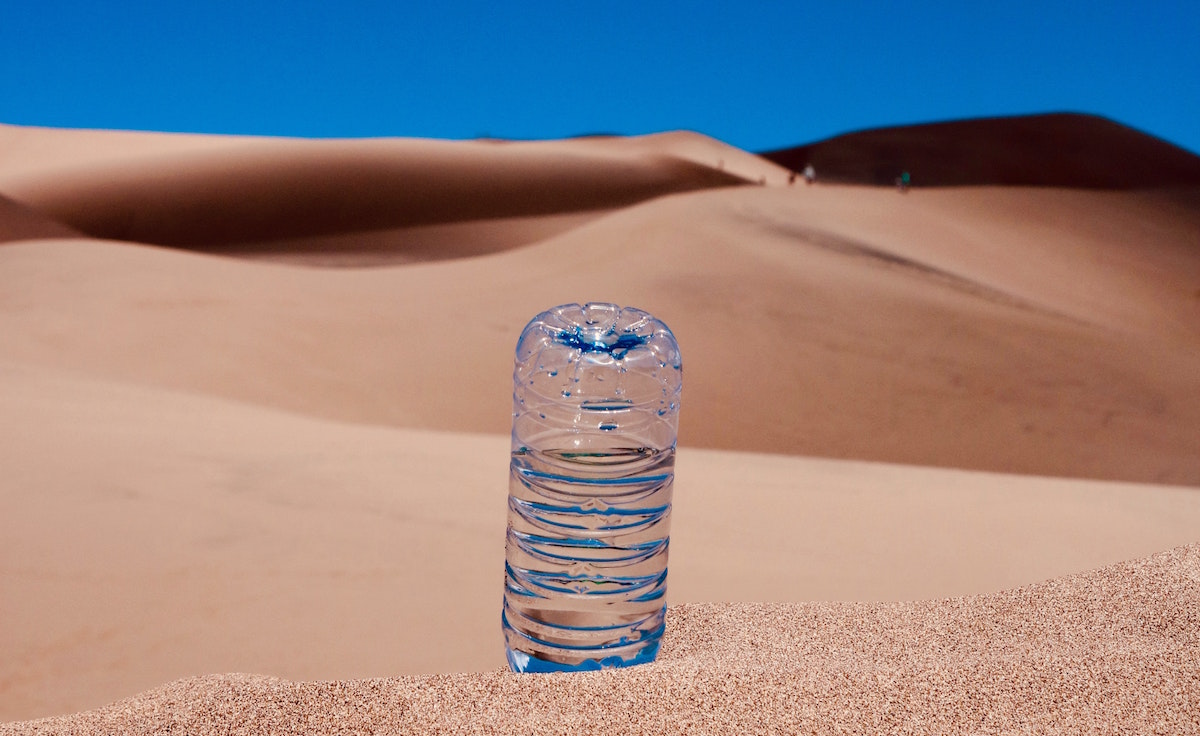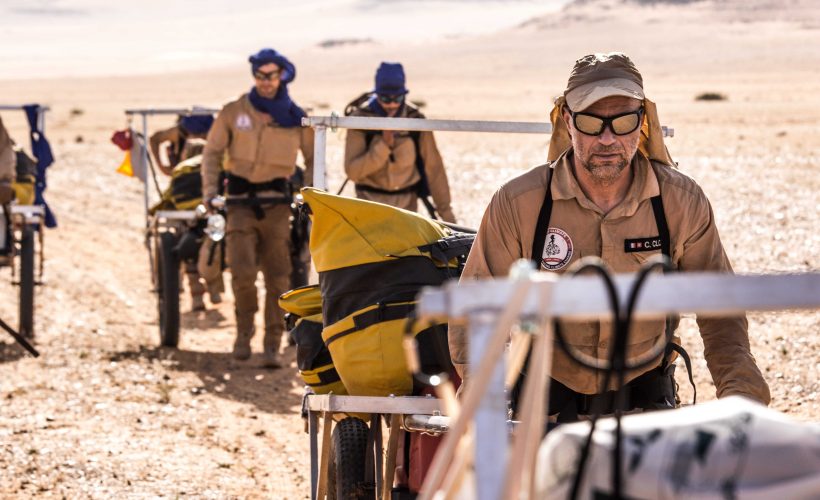Tech & Business
2.24.2021
Turning air into water in the UAE desert, a new opportunity!

Turning the air of the Saudi Arabian desert into drinking water is the crazy and innovative project of the American technological company Zero Mass Water. Its objective? To propose a sustainable and ideal model for the world’s most arid regions. A look back at this extraordinary project.
Today, the air we breathe contains nearly 95% water vapour, mostly from the evaporation of rain, oceans, seas and any water body. This means that 12,000 billion litres of air can be used to save not only water but also the energy and plastic needed to produce bottles.
Zero Mass Water, a technology company specialising in the provision of drinking water using sustainable methods has understood this. In its plant, located around 20 kilometres from Dubai, and thanks to its numerous desalination plants, the company has managed to knead the humidity in the air to transform it into drinking water, using fossil fuels.
See also
Focus on: The sustainable City
A pioneering mechanism in the domain
The company started its project with 1,250 panels absorbing water vapour using solar energy. Equipped with filters, these machines are able to select only the water molecules and capture them, even in a polluted environment. The arid and humid surroundings of Dubai are therefore the ideal places to carry out the project.
Tech company Zero Mass Water is harnessing sunlight and air to produce pure drinking water, using specialized solar panels pic.twitter.com/4tJHHBaSeM
— Reuters (@Reuters) January 17, 2020
This project is doubly ingenious, not because of the mechanism of water transformed by air, but because of its scale. In fact, Zero mass Water uses “hydropanels”, a flagship product to identify water vapour from the air and transform it to reach up to five litres per day. For example, two of these panels are sufficient to provide water for a household’s daily drinking and cooking needs.
While all the transformation is made possible by solar energy, the bottles are made of recycled plastic and their caps are made of bamboo, making them sustainable from the inside to the outside of the bottle.
“The bottling plant runs on solar energy, the bottles we use are recyclable and the caps are sustainable” says Samiullah Khan, managing director of IBV, an Emirati company that buys the water.

A sustainable solution to the water crisis
If this company listens to the environment and works for ecological transition, it is a mechanism that unfortunately will not yet be able to compete with the large industries already present on the market. Indeed, its initial production capacity is “only” 2.3 million litres of water, which can be compared to the equivalent of an Olympic swimming pool.
Nevertheless, thanks to its technology, the American company is proposing an innovative concept that could easily be implemented in the world’s most arid regions such as those of the Middle East and Saudi Arabia, regions where access to drinking water is still problematic, threatening the health of the inhabitants as well as their food security.
But, beyond the solidarity and health aspects, this technique is also the key to helping the UAE strengthen its crops, eliminating the need to depend on the soil for growing plants and minimising food imports, while using technology to produce sustainable quantities of water.
“The next step is to produce water for the local cultivation of tomatoes and other products so that we don’t have to bear the transport costs and financial flows from the economy to buy food” said Cody Friesen, founder of Zero Mass.
A new step towards the ecological transition!
popular

